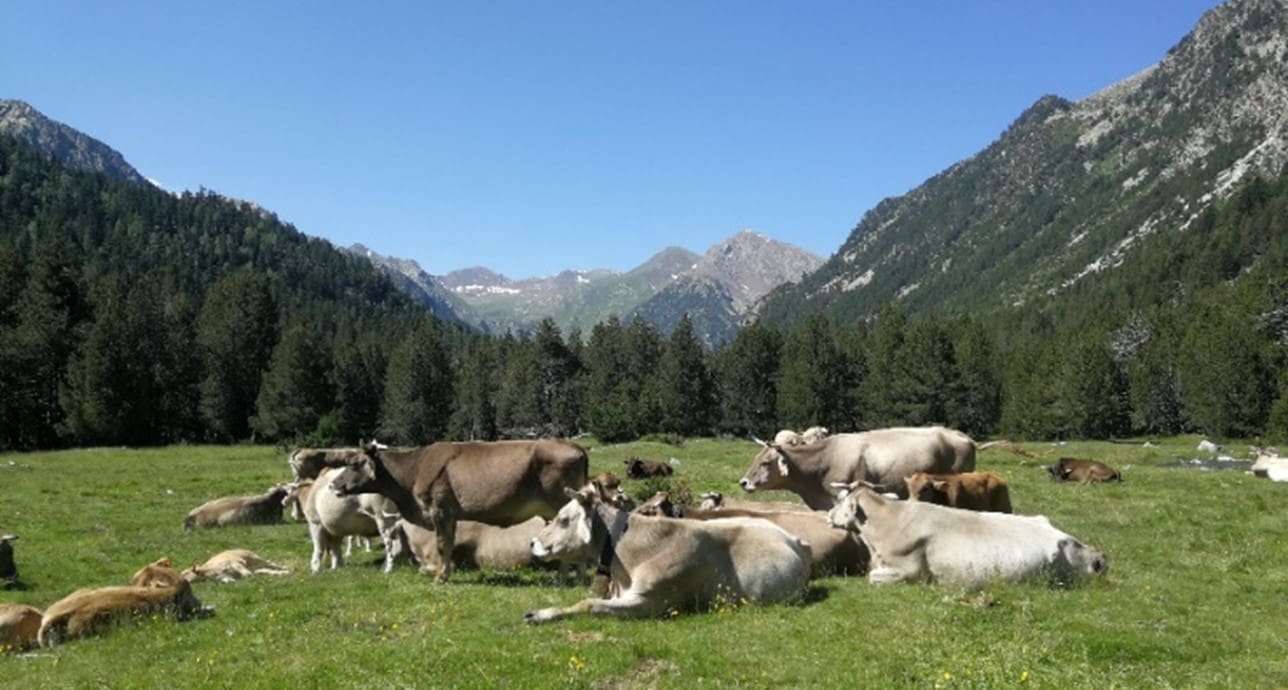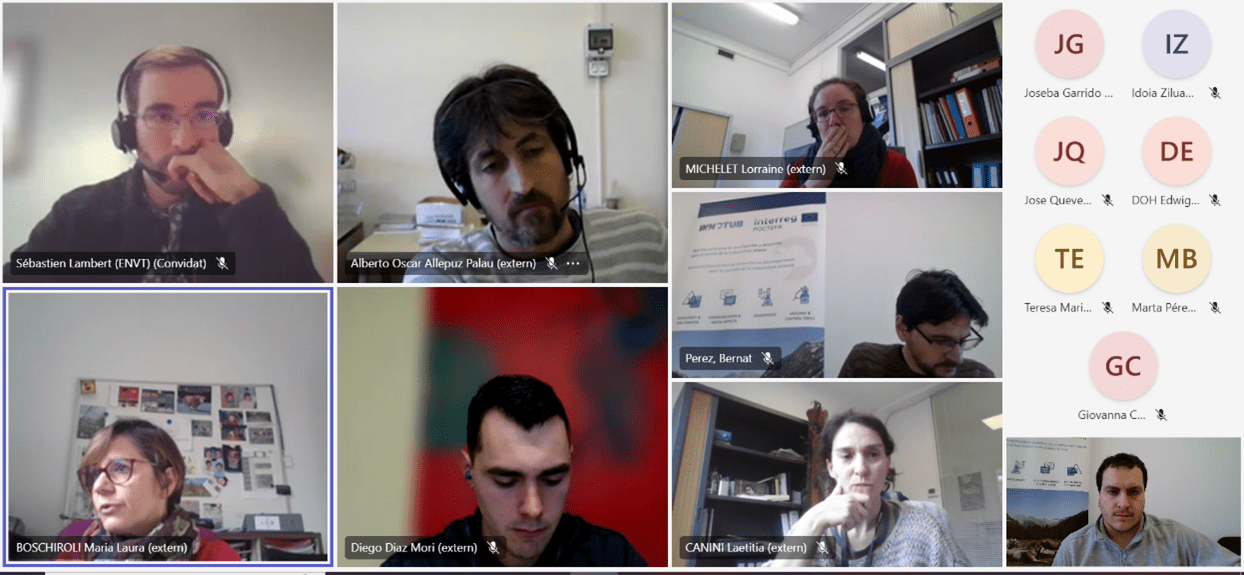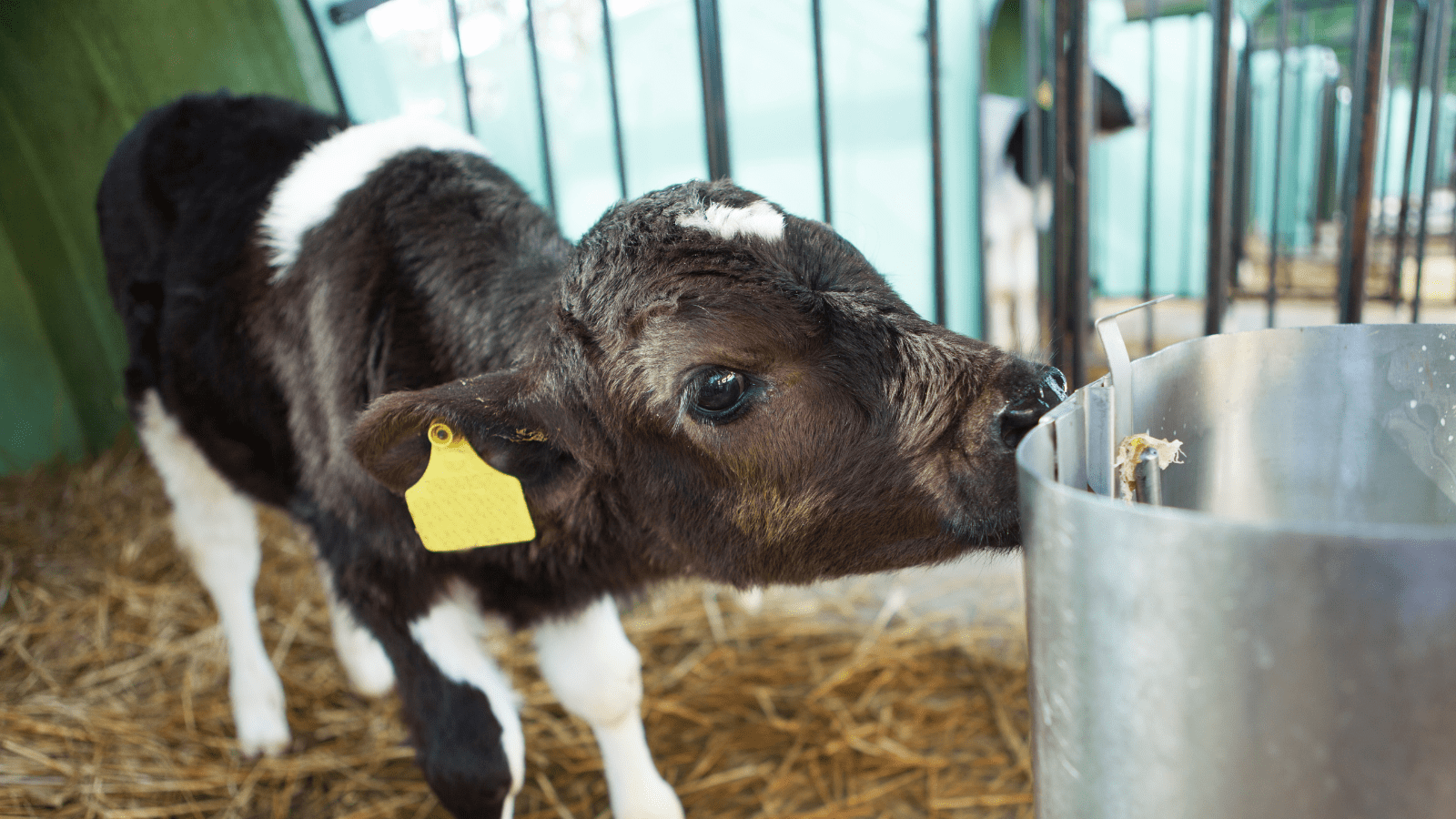
Following the steps of the initial project launched in 2020, the Interreg POCTEFA 2021-2027 Spain-France-Andorra cross-border cooperation program has provisionally announced funding for the INNOTUB II project for the next three years, thus supporting a new cycle of research and development of novel tools for the control of animal tuberculosis. This renewed research effort involves the Basque Institute for Agricultural Research and Development (NEIKER) as project coordinator and the National Agency for Food, Environmental and Occupational Health Safety (ANSES), the National Veterinary School of Toulouse (ENVT), the Institute for Agri-Food Research and Technology (IRTA) and the Autonomous University of Barcelona (UAB) as partners, with an expected financial allocation of 1.2 million euros. As a novelty, the INNOTUB II project has the participation of the Government of Andorra as a partner since some of the planned activities will also be conducted in the Principality's territory.
As a follow-up to a pioneering first project in the region, INNOTUB II will maintain its multidisciplinary approach by addressing issues such as the evaluation of biosecurity practices on farms, the development of new tools for the diagnosis and prevention of tuberculosis and, in a new approach, the application of novel genomic sequencing technologies to study the transmission of the disease between domestic and wild animals together with the study of antimicrobial resistance in tuberculosis-causing bacteria. In addition, technology transfer and knowledge exchange between the region, which includes France, Spain and Andorra, will be fostered.
The consortium will work to implement and evaluate a previously developed biosecurity platform to support farmers in implementing more effective measures in their herds. This initiative will include a comprehensive assessment of the perception of biosecurity and associated risks by farmers, veterinarians and veterinary services. Another major objective will be to analyze and quantify the transmission of tuberculosis at the wildlife-livestock interface, using modeling methods and applying the information obtained from whole genome sequencing of bacteria isolated in the field. Finally, the molecular diagnostic methods for tuberculosis developed in the previous project will be validated, while new diagnostic tools and vaccines will be developed to allow better control of the disease.

The results of the research will contribute significantly to the understanding of the mechanisms of tuberculosis transmission, as well as to the identification of effective control measures. This knowledge will benefit both wildlife and livestock health, decreasing the risk to humans and thus promoting health and welfare in the trans-Pyrenean region.
The INNOTUB II project will last three years and will be provisionally funded by the INTERREG POCTEFA 2021-2027 Program, a European territorial cooperation program created to promote the sustainable development of the border territory between Spain, France and Andorra. This Community financial support is intended to strengthen the economic and social integration of this area and help improve the quality of life of its inhabitants. In addition, the programmed projects receive co-financing from the European Regional Development Fund (ERDF).
For more information on the INNOTUB network and its progress you can consult the project website: www.innotub.eu


